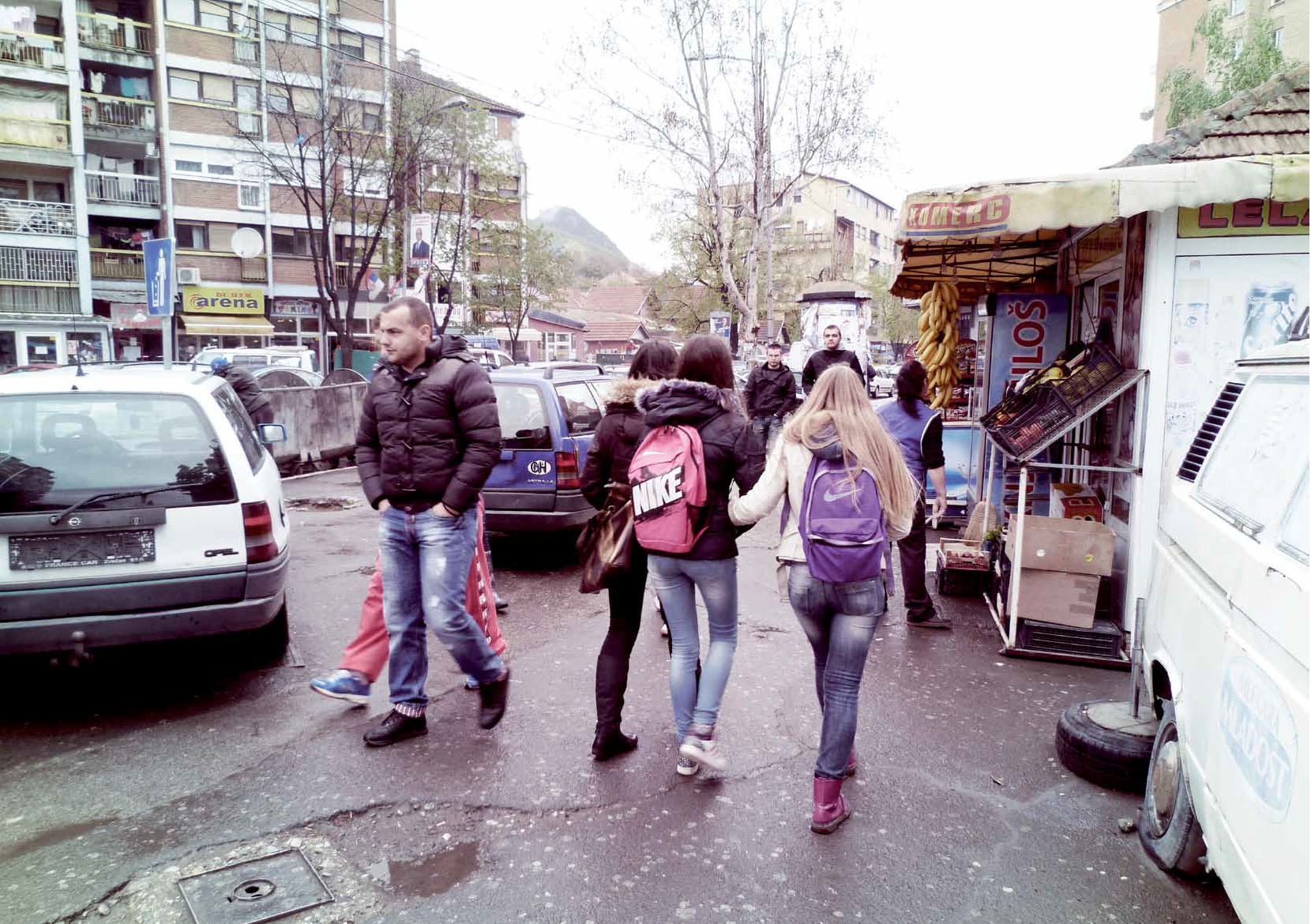PAX works with local civil society to bring citizens together to address challenges of common interest such as poor governance, a weak rule of law and the unresolved legacy of violent conflict.
Our Kosovo program focuses on two main areas:
- Supporting civil society and citizens improving inter-community relations and responsive local governance in northern Kosovo. In the Mitrovica region members of the Serb community look to the Serbian state for direction and support; PAX supports civil society to strengthen citizenship and accountable governance in order to sustainably improve life for people from all communities in the region. PAX cooperates in this program with local partner Community Building Mitrovica (CBM) and UN-Habitat.
- Dealing with the past and transitional justice. Since dealing effectively with the legacy of mass violence and human rights violations will be essential to realizing Kosovo’s vision of a cohesive, multi-ethnic society, PAX also supports civil society to design and implement bottom-up, inclusive and citizen-centered transitional justice processes that strengthen prospects for better relations between communities.
Contact
Kathelijne Schenkel, project Lead Kosovo/Western Balkans, schenkel@paxforpeace.nl
- North Kosovo 2020: Future Histories in the making (ALB) - May 2014
- North Kosovo 2020: Future Histories in the making (SRB) - May 2014
- North Kosovo 2020: Future Histories in the making - mei 2014
- The Association / Community of Serb-majority Municipalities: Breaking the impasse - juni 2016
- The Association / Community of Serb-majority Municipalities: Breaking the impasse (SRB) - June 2016
- The Association / Community of Serb-majority Municipalities: Breaking the impasse (ALB) - June 2016
- Kosovos Framework for Dealing With the Past at a Turning Point (SRB) - April 2017
- Kosovos Framework for Dealing With the Past at a Turning Point (ALB) - April 2017
- Assessing the potential impact of the Kosovo Specialist Court - september 2017
Activiteiten & resultaten
Dialogue and engagement on the Kosovo Specialist Court
PAX and partners work to promote informed public dialogue about the Kosovo Specialist Chambers and Specialist Prosecutor’s Office, and advocate for a stronger institutional framework for dealing with the past more broadly. The Kosovo Specialist Chambers and Specialist Prosecutor’s Office (the Kosovo Specialist Court) were established in 2015 to try war crimes and crimes against humanity allegedly committed by members of the Kosovo Liberation Army (KLA) between 1998 and 2000.
Beyond providing a measure of justice to the victims and ending impunity, the Specialist Court could have a positive societal impact by encouraging other initiatives dealing with the ignored causes, drives and legacies of the conflict in Kosovo. However, the inhospitable social and political context in Kosovo means that the Specialist Court risks producing adverse effects as well, such as further polarizing intra-ethnic and inter-ethnic relations, undermining political stability, delaying the normalization of relations between Kosovo and Serbia.
Reports:
Citizen-driven National Strategy for Dealing with the Past
In 2017, PAX and partners reviewed the challenging process of Kosovo to develop a National Strategy for Transitional Justice and offered lessons learned and suggestions to crafting a more effective approach in the report Kosovo’s Framework for Dealing With the Past at a Turning Point: Civil society review of progress toward a National Strategy on Transitional Justice (april 2017). After that national process was halted and the prospects for a future national Truth Commission remain uncertain, PAX and partners INTEGRA and New Social Initiative have been working on obtaining citizens’ perspectives with regards to their needs and priorities for ‘dealing with the past’ (DwP). This resulted in the research report Democratizing Transitional Justice in Kosovo: Towards a Deliberative Infrastructure for Dealing with the Past in Kosovo (mei 2020). It proposes a four-step approach to realize an ‘Infrastructure for Dealing with the Past’. During the second phase of the project, more focus group sessions with diverse communities have been held to obtain more insights to specific needs and priorities as expressed by citizens, which created a citizen-informed framework for DwP. The strength of the project lies in the fact that it is owned and carried directly by a group of local civil society activists and experts, that can work completely bottom-up, strengthen each other and jointly lobby national politicians.
Related publication:




